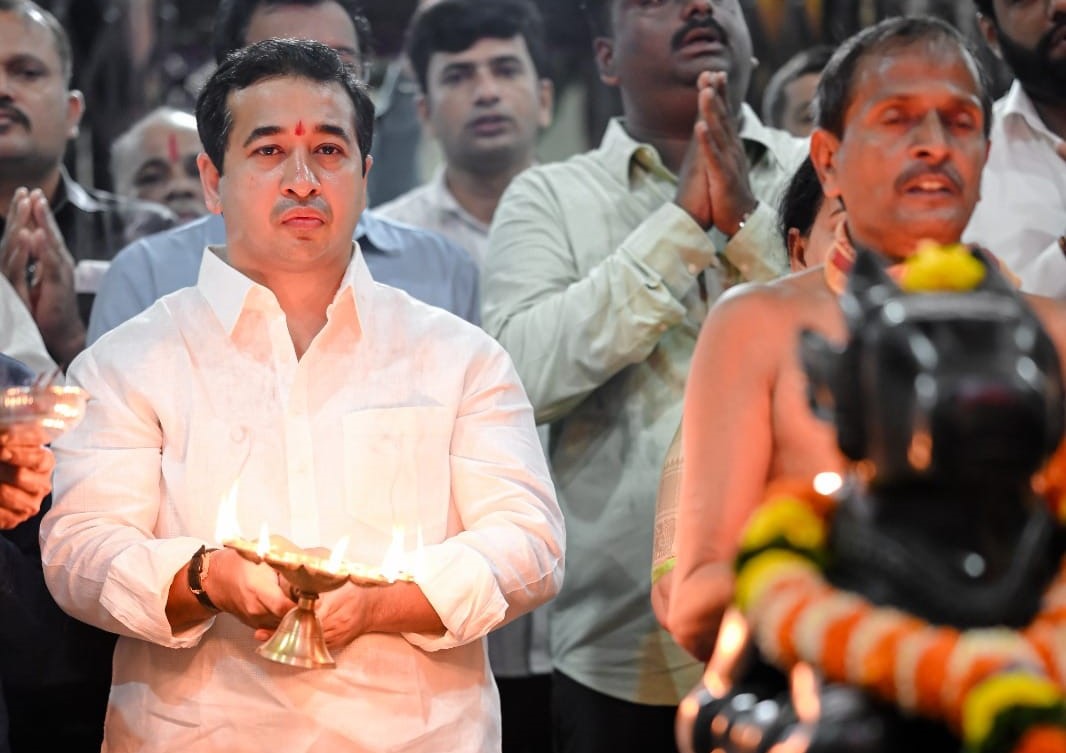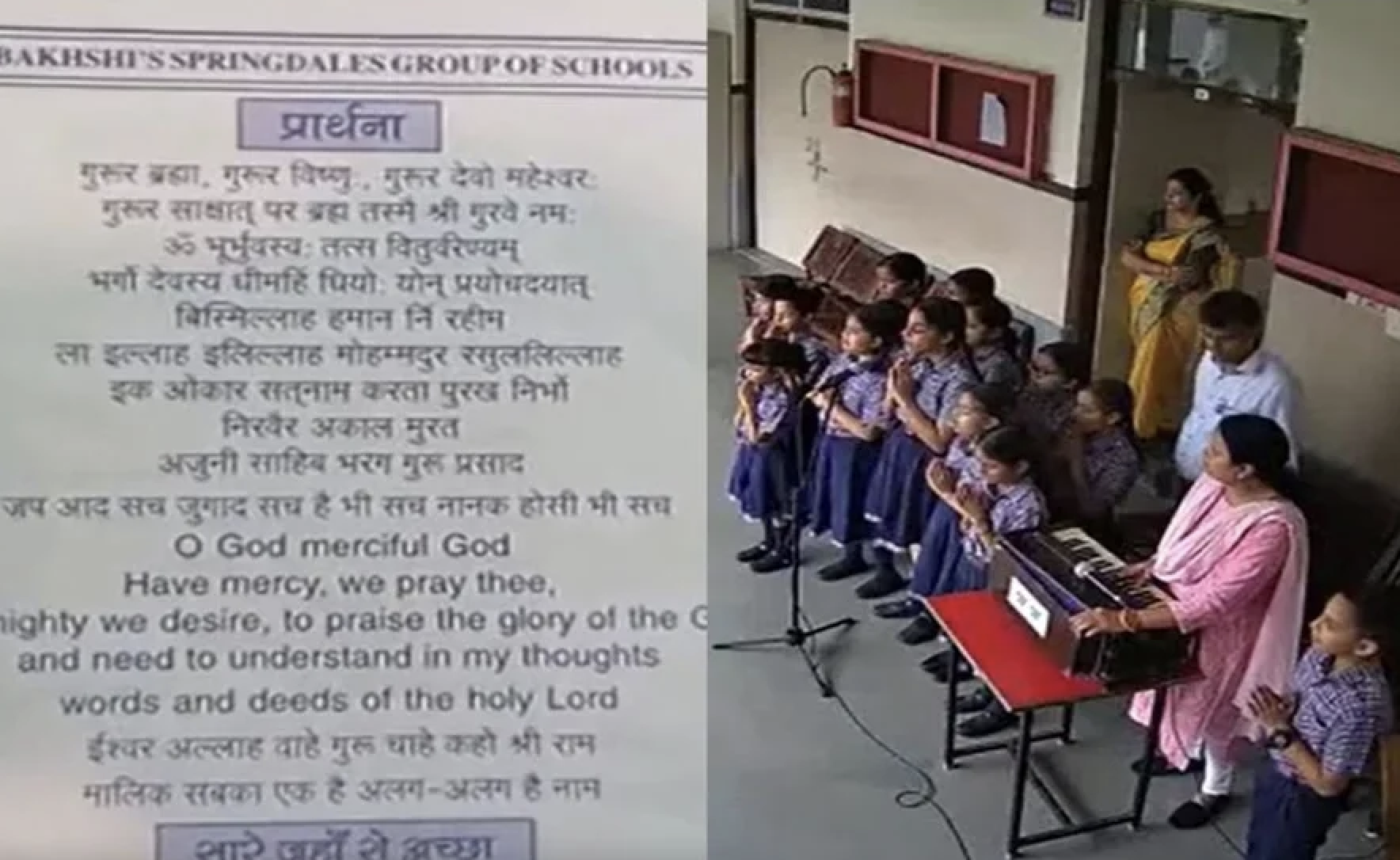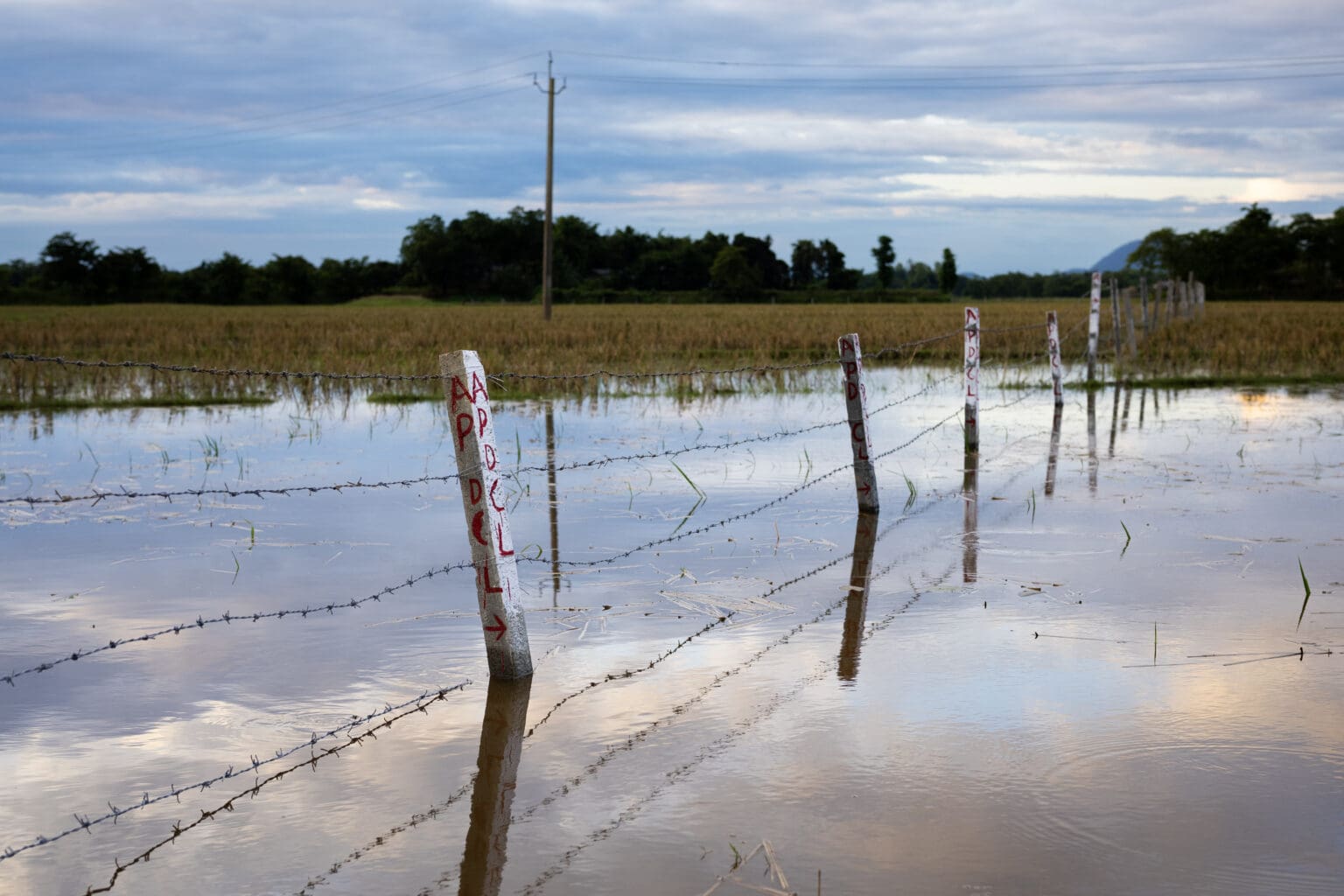Kolkata: No one can stop the implementation of the Citizenship (Amendment) Act (CAA), Union home minister Amit Shah told a public meeting in Kolkata on November 29.
“Mamata Banerjee is opposing the CAA, but let me say it clearly that CAA will be implemented in the country,” Shah said, three days after junior home minister Ajay Mishra assured a gathering of the Matua-Namasudra population in West Bengal that the rules under the Act would be framed before March 30 next year.
March 30 is likely to coincide with the peaking of the 2024 parliamentary election campaign.
The revival of the CAA issue, which had taken a backseat since its passage four years ago, has intrigued political observers as it is likely to trigger protests in the northeastern states, a ‘sensitive’ region already tense because of the ongoing conflict in Manipur.
The legislation, passed by the parliament on December 11, 2019, allows citizenship to Hindus, Sikhs, Buddhists, Jains, Parsis or Christians from the Muslim-majority countries of Afghanistan, Bangladesh or Pakistan who came to India before 2015. However, the rules are yet to be framed. Without the rules, the implementation cannot begin.
“For framing the rules, the deadline for Lok Sabha is January 9, 2024, and for Rajya Sabha, it is March 30. We will get it done by then,” Mishra said at an event in the Bangladesh-bordering Thakurnagar area of West Bengal’s North 24-Parganas district.
Thakurnagar is the place where the main socio-religious organisation of the community, the Matua Mahasangha, is headquartered. The Matua-Namasudras are Hindu migrants from Bangladesh and the biggest voteries of the CAA in West Bengal.
However, the CAA is never seen in isolation but as a precursor to the implementation of a citizenship screening exercise at the national level in the style of the National Register of Citizens in Assam, as Shah had earlier clarified that the NRC would be implemented only after ensuring the citizenship rights of the migrants belonging to the aforementioned six religions through the CAA.
This story was originally published in thewire.in. Read the full story here .






